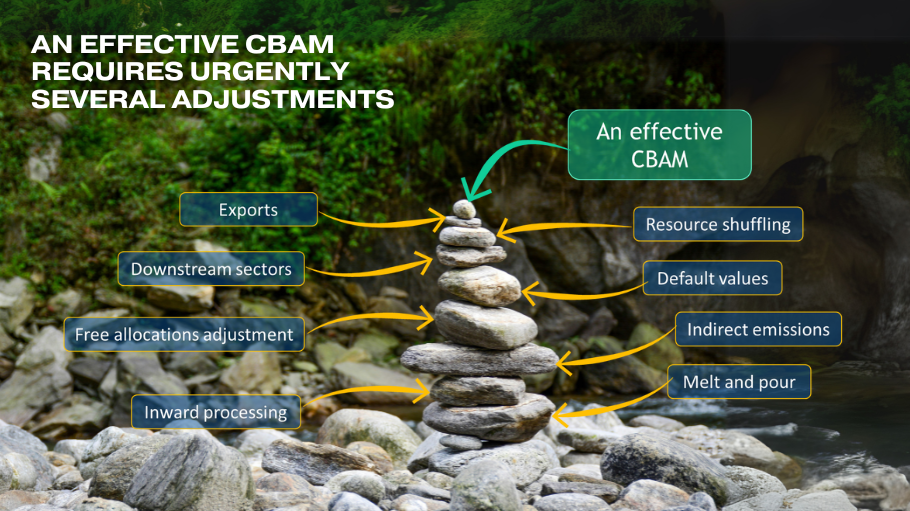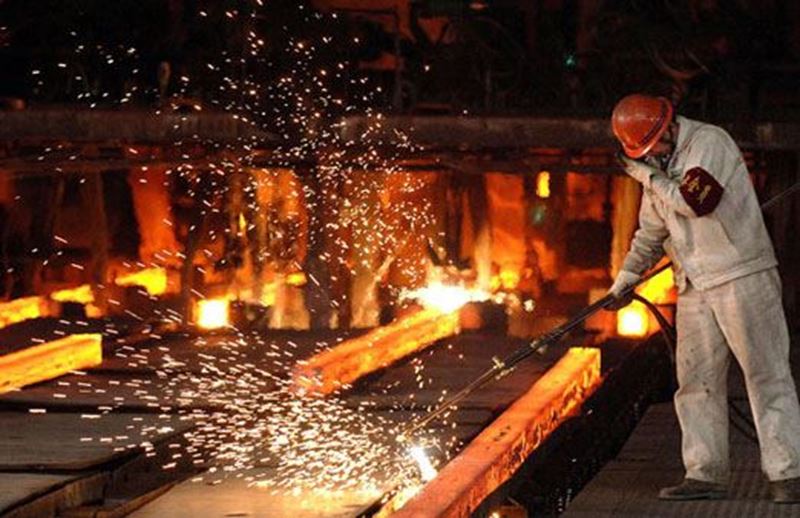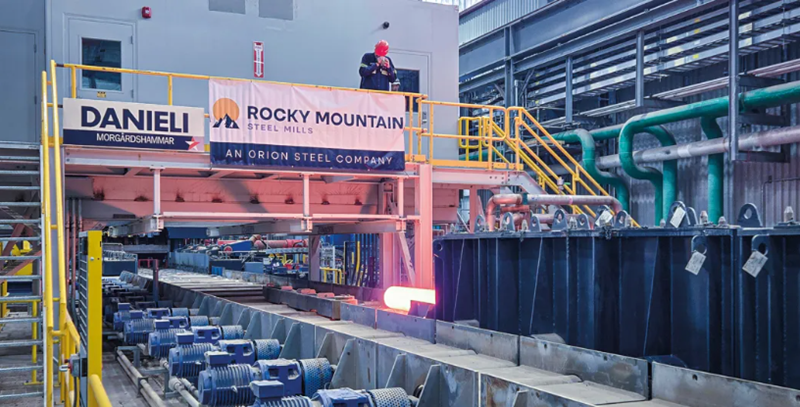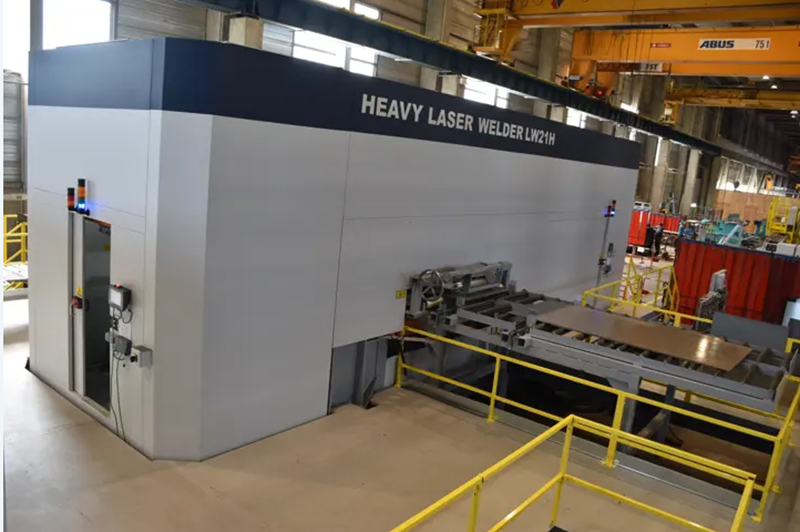EUROFER stated that export regulations and steel-intensive sub-sectors should also be included to prevent carbon leakage. However, the European Commission's announcement that it will present proposals on these critical issues only at the beginning of next year was met with concern in the sector. In particular, the absence of a regulation on combating source shifting in the plans was seen as a major risk for European steel producers. EUROFER pointed out that this deficiency could weaken the competitiveness of the European steel industry and stated that CBAM should have an effective and watertight design.
EUROFER announced that in order for CBAM to be effective, it requires the following three key steps to be taken:
- Structural legislation to reduce the risk of resource shifting,
- Prevent global carbon emissions by taking measures to protect European steel exports,
- Expanding the scope of CBAM to include steel-intensive sub-sectors.
In addition, strong protection mechanisms against carbon leakage should be put in place, along with plans to phase out free carbon allowances. Otherwise, the shift of production to third countries could accelerate and the European steel industry could suffer serious damage.
EUROFER argued that while increasing the effectiveness of CBAM, the administrative load on businesses should also be reduced. While it was stated that the European Commission is planning certain simplifications within the scope of the Omnibus Package, it was suggested to revise the minimum value of EUR 150 and to reduce unnecessary reporting processes. It was emphasized that products exported from the EU and re-imported under CBAM after processing abroad should be exempted from reporting obligations, otherwise, these practices could put the European steel sector in difficulty.
EUROFER underlined that the entry into force of CBAM without the necessary arrangements would negatively affect the competitiveness of the European steel industry.









Comments
No comment yet.